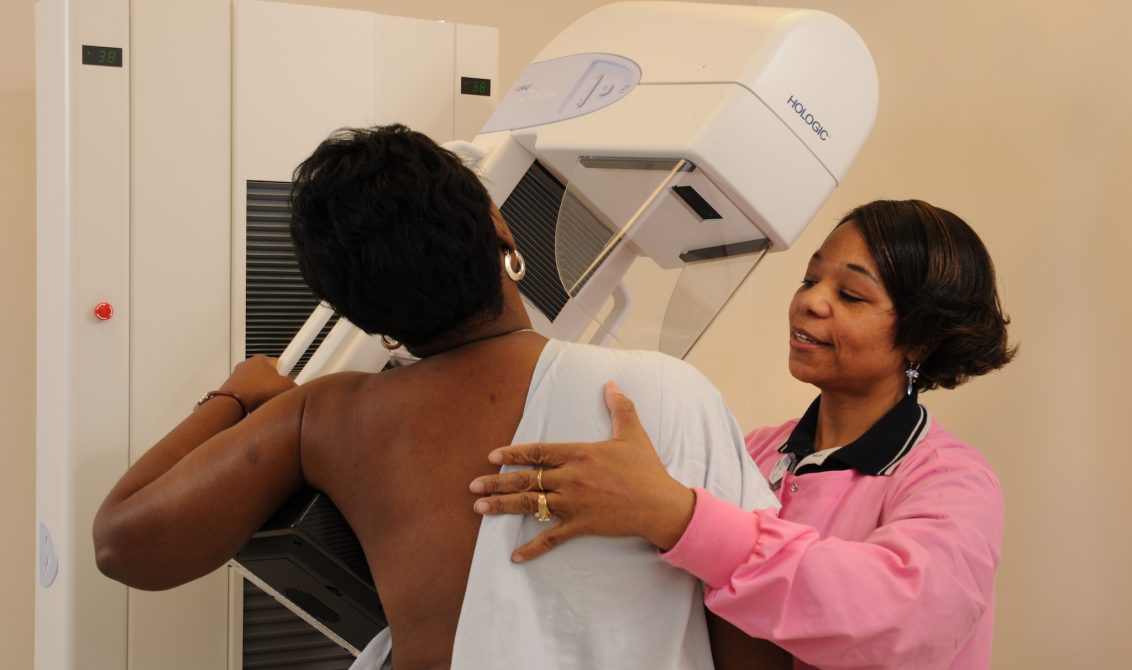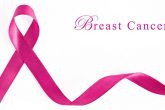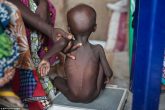
As yet another Breast Cancer Awareness month comes to a close, it’s worth reviewing the symptoms and eight crucial breast cancer risk factors. Most women panic a little when they feel a breast lump but do you know any other signs to look out for besides a lump?
The breast cancer death rate is 42% higher in black women than in white women. A large part of the problem is that African women seek medical attention late in the course of the disease when little can be done to save them.
What puts you at risk for Breast Cancer?
A Breast cancer risk factor is something that makes you more likely to get breast cancer than other women. Nevertheless, having one or even several breast cancer risk factors doesn’t necessarily mean you’ll develop breast cancer. Many women who have breast cancer don’t have any risk factors other than simply being women.

Significant risk factors for breast cancer include:
- Being female – Breast cancer is 100 times more common in women than in men
- Increasing Age – Your risk of breast cancer rises significantly after age 50
- A personal history of breast cancer – Having breast cancer in one breast increases the chances of developing it in the other breast.
- A family history of breast cancer – If your mother, sister or daughter had breast cancer, particularly at a young age, your risk is high.
- Inherited genes – Abnormalities in specific genes increase the risk of breast cancer and pass from parents to children. Breast Cancer gene 1 (BRCA1) and Breast Cancer gene 2 (BRCA2) are the abnormal genes that are commonly inherited.
- Obesity – research shows clear links between being obese or overweight and breast cancer
- Not being physically active – Research suggests that women getting regular exercise lower their risk of breast cancer compared to women who don’t exercise.
- Drinking alcohol – Several studies confirm that drinking alcohol increases the risk of breast cancer in women.
Some reproductive factors can also put you at risk for breast cancer:
- Early onset of menses – Before age 12
- Late menopause – Age 55 or older
- Use of certain oral contraceptives and hormone replacement therapy

What are the symptoms of Breast Cancer?
In the early stages, breast cancer has no symptoms, which is why regular screening is vital. As cancer progresses, some changes you may notice in your breast, include:
- A breast lump or thickening that feels different from the surrounding area
- Change in the size, shape or appearance of a breast
- Changes to the skin over the breast, such as dimpling
- A normal nipple that becomes inverted
- Peeling, scaling or flaking of the dark area of skin surrounding the nipple (areola) or skin of your breast
- Redness or pitting of the skin over your breast, like the skin of an orange
In advanced breast cancer, which has spread to other areas of the body, there may also be unexplained weight loss, fatigue, pain, and fever.
If untreated or detected late, breast cancer is deadly. Treatment is exceptionally stressful physically, emotionally and financially, so it’s crucial to make every effort for prevention.
Even if you have a family history of the disease, you can make changes that can lower your risk significantly. Lifestyle factors, such as not exercising, drinking excessively and being overweight which influence your risk of developing breast cancer are within your control.
Be determined not to be a negative statistic in the battle against breast cancer.
Toju Chike-Obi, MD


Taiye Kuto
Thanks a million! Really helpful.